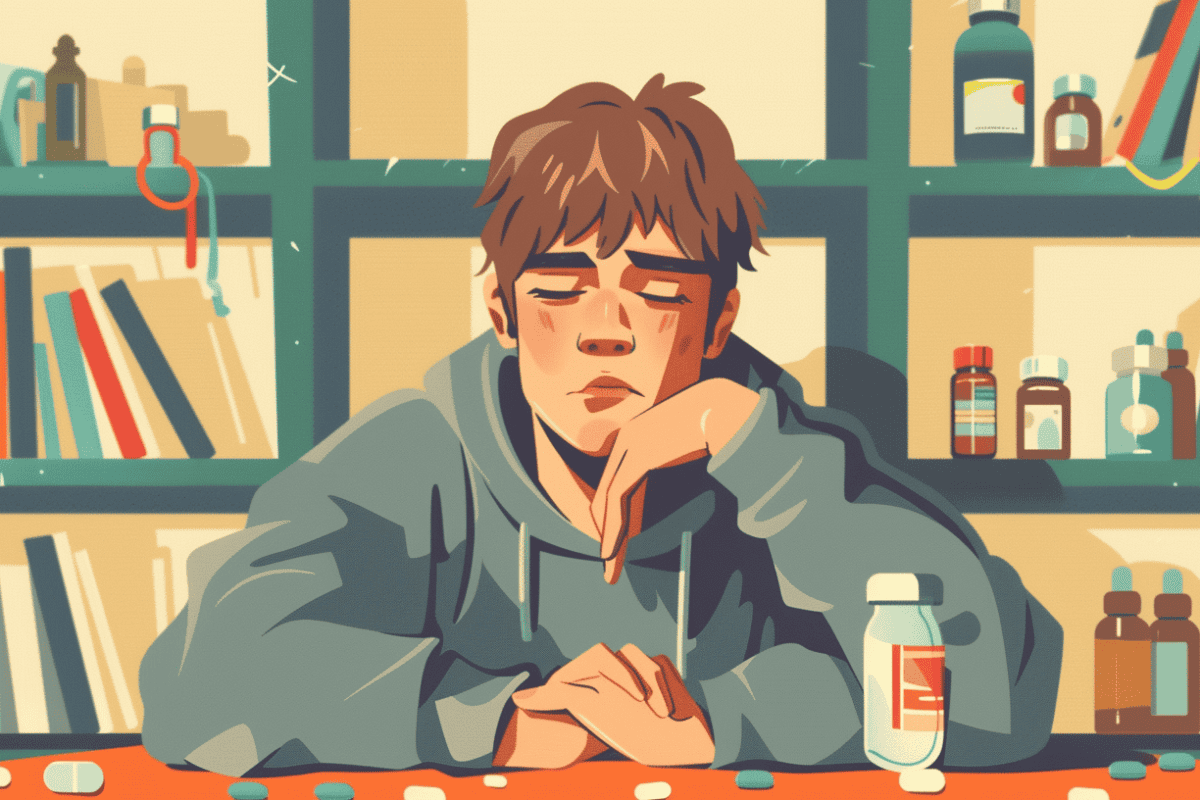Mental health is no more a ‘hush hush!’ subject.
People are getting more concerned about their mental health because they see how it affects their physical health.
There could be nothing worse than having a panic attack, which is not good for your heart!
We are also seeing a surge of understanding toxic situations and, most importantly,
Taking therapies!
The term therapy has a very generalized idea in our heads.
When we think of ‘therapy,’ imagery of a patient talking to a therapist comes to our mind. Although it is not wrong, there is so much more to it.
This is just one type of psychotherapy, and there are different types as well. Solace art therapy workshop is the best place to explore other therapy approaches.
Each one caters to different mental needs that a person might have.
For example, art therapy is for people dealing with dementia or PTSD and having trouble verbally expressing their feelings.
Why Therapy Is Important For Mental Health
It doesn’t matter whether you are dealing with a big mental health issue; therapy is not something you should stay away from.
You will need therapy for reasons you might not even know right now because that is what therapy does.
- It helps you reflect within your inner self and explore your mind’s subconscious and the conscious sides.
- You will need therapy because it is the ultimate form of self-care.
- You will get to know new ways to relieve your stress rather than just piling it up.
- There are different kinds of therapies you can explore; we will be discussing some of them in the excerpt below. According to the experts offering SGB Injection Arizona, such treatments are safe and reliable, allowing you to cope with your PTSD symptoms.
- Therapy can be like taking care of your mental health, just like you would do with your physical health.
What Are The Different Approaches To Mental Therapy
Here are the different kinds of mental therapy which you can explore based on your needs.
1. Cognitive Therapy
Cognitive therapy deals with the different cognitive aspects of our mind like intelligence, emotions, memory, etc.
As defined by the name!
Some psychologists believe that it is not just our behavior that determines our mental health condition. Rather the way of thinking does contribute a lot.
For example, if someone has anxiety and they are having heart palpitations, you wouldn’t necessarily be able to tell by seeing their face or behavior.
2. Behavioral Therapy
This is the opposite of cognitive therapy.
This is where a therapist will ask you to keep a tab of your daily activities and then study your behavior to understand the issue.
If there is any.
3. Art Therapy
Art therapy is a form of non-verbal therapy where patients have the liberty to not talk about their feelings if that is what they are uncomfortable with.
This gives a much larger platform of exploration for the patients and helps the therapists decipher the unconscious mind.
4. Family Therapy
Family therapy plays a big role when it comes to curing any form of addiction.
Addiction does emerge from environmental or family issues, which later affects mental health.
Through family therapy, patients are able to resolve any family issues with the help of a professional. This allows them to acknowledge conflict in a much healthier way.
5. Group Therapy
Through some chronic illnesses like PTSD or depression, there is this self-isolation that every patient adopts.
Through these group therapies, they are able to leave these stigmas behind and connect with like-minded people.
People who are suffering from the same trauma or the same mental health issues.
6. Phototherapy
Phototherapy is a new and interesting form of psychotherapy where a person is shown random abstract pictures and asked to give their analysis about them.
These thoughts are then studied to understand the mind better.
7. Mindful Therapy
Mindful therapy is more of a holistic approach to therapy. This is where a therapist treats the patient by incorporating new mindful activities in their life.
Some of these activities are pattern breathing, journaling, mindful meditation, and yoga.
We All Need Therapy!
Let us remove these stigmas away from therapy!
Everyone who is going through therapy is not ‘illwired in their head.’
As a matter of fact, we might all need one of these therapies.
This is a sponsored post
Digital Health Buzz!
Digital Health Buzz! aims to be the destination of choice when it comes to what’s happening in the digital health world. We are not about news and views, but informative articles and thoughts to apply in your business.


